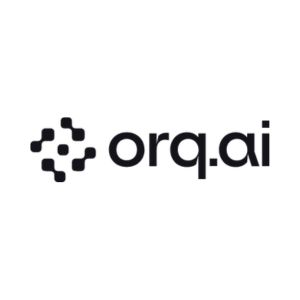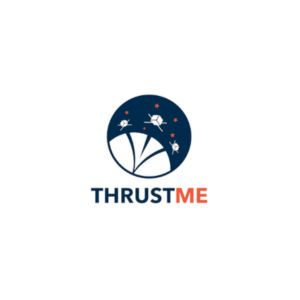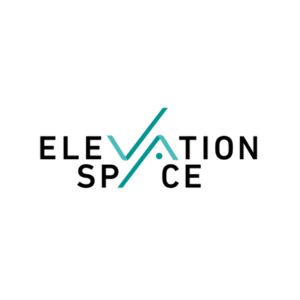Startups & Business News
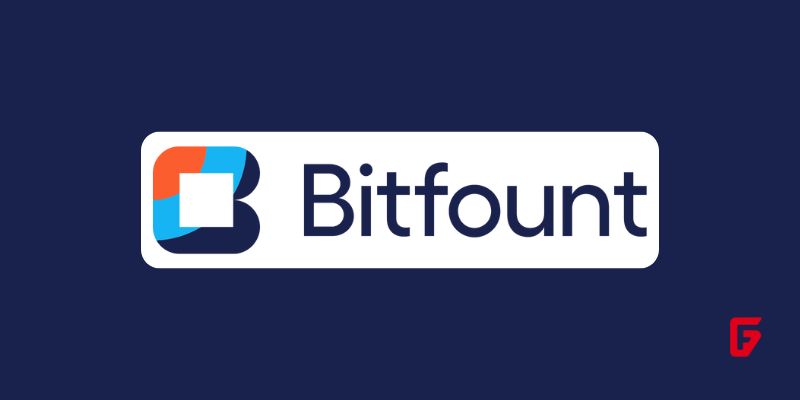
Smashing Data Silos in Healthcare
London-based startup Bitfount has captured attention with a €6.8 million Series A funding round aimed at breaking down the notorious data silos in clinical research. In an industry often hampered by fragmented health data and privacy regulations, Bitfount’s approach stands out: their federated AI network enables healthcare organizations to collaborate securely while keeping sensitive data local and private.
What Makes Bitfount’s Solution Different?
Conventional clinical research has long been slowed by the challenge of integrating data from multiple hospitals and labs, each reluctant or legally unable to share raw patient information. Bitfount solves this by dispatching AI algorithms directly to the data’s location, rather than shuffling data between institutions. This technique, called federated learning, preserves privacy while unlocking cross-institutional insights that previously remained out of reach.
Key Benefits and Real-World Impact
Enhanced collaboration: Hospitals and pharmaceutical companies can analyze electronic health records (EHRs) and medical imaging data together, without exchanging raw data.
Accelerated clinical trials: In a pilot with Moorfields Eye Hospital, Bitfount’s platform slashed screening failures from 60% to just 14%, identifying over 600 eligible patients from a single site using both EHR and imaging analysis.
Maintained patient privacy: Data remains on local infrastructure, meeting rigid privacy standards while allowing broad analytics.
The Founders Behind the Innovation
Bitfount was created in 2020 by Dr. Blaise Thomson and Dr. Naaman Tammuz. Dr. Thomson previously co-founded VocalIQ (later acquired by Apple), contributed as Chief Architect for Siri Understanding, and led Apple’s Cambridge office. Their mission centers on unlocking the value of sensitive healthcare data to advance medical AI safely and responsibly.
Funding Momentum and Future Roadmap
The €6.8 million investment was led by Parkwalk Advisors, joined by Ahren Innovation Capital, Pace Ventures, Foresight Group, and Portfolio Ventures. Bitfount will channel the funds into:
Global expansion of its federated AI platform.
Deepening partnerships with pharma companies and research groups.
Broadening the platform’s capabilities from trial design to regulatory approval.
As the UK steers toward becoming a global leader in life sciences, Bitfount’s privacy-first, AI-powered infrastructure could greatly accelerate the pace and diversity of medical breakthroughs.
Why This Matters for the Future of Research
Bitfount’s platform is at the forefront of a new era in digital health, offering a blueprint for secure, scalable innovation in clinical trials. By letting AI go to the data rather than trying to centralize everything, Bitfount combines speed, compliance, and collaboration—without ever compromising on privacy. This marks a major leap forward for both patients and researchers, charting a course toward quicker, safer advancements in healthcare.

futureTEKnow
Editorial Team
futureTEKnow is a leading source for Technology, Startups, and Business News, spotlighting the most innovative companies and breakthrough trends in emerging tech sectors like Artificial Intelligence (AI), Robotics, and the Space Industry.
Discover the companies and startups shaping tomorrow — explore the future of technology today.
Most Popular
Trending Companies
Latest Articles

Orq.ai Raises €5M to Close the Enterprise AI Production Gap With Secure Agent Deployment Platform
Orq.ai just raised €5M to solve enterprise struggles taking AI from demo to production. Discover their secure agent platform closing

Designing AI-Integrated Supply Chain Operating Models for Scalable Performance
AI-integrated supply chain operating models transform performance by embedding intelligence across planning, logistics, and leadership. This article explores how aligning

Cloud Data Migrations in the AI Era – Prepare Smart. Balance Risks. Thrive.
Cloud data migration is more than an IT move—it’s a business transformation. This article guides you through AI-driven strategies to

AI Didn’t Fail; Your Data Warehouse Did
After decades in IT project management and business analysis, one truth has stayed constant: when AI projects fail, it’s rarely

Surgerii Robotics Secures $100M Series D Funding Round
Beijing’s Surgerii Robotics lands $100M Series D for SHURUI single-port robot growth. Funding fuels global push in minimally invasive surgery—details
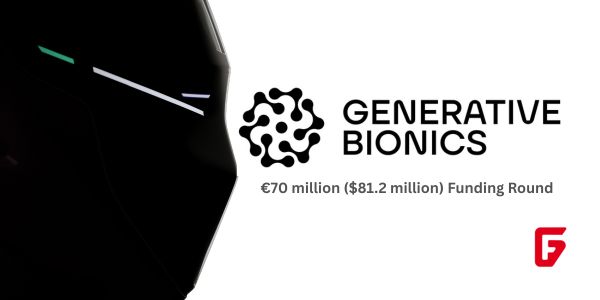
Generative Bionics: The Italian Humanoid Robotics Spin-Out Bringing Physical AI to the Factory Floor
Generative Bionics, an Italian spin-out from IIT, is building Physical AI–powered humanoid robots to tackle labor gaps and modernize industrial

OpenAI vs. Google AI, SpaceX & Blue Origin Race for Space Data Centers, Meta’s AI Pivot, and Robotics Breakthroughs
Stay ahead of AI and space tech wars: OpenAI vs Google AI, SpaceX and Blue Origin’s race for orbital data

10 AI-Driven Supply Chain Optimization Companies to Watch in 2026
This article explores 10 AI-driven supply chain optimization companies to watch in 2026, highlighting how their platforms improve forecasting, logistics,

AWS Frontier Agents: Autonomous AI Coders That Build, Secure, and Run Apps for Days Without Human Oversight
AWS frontier agents introduce a new era of autonomous AI coders that can build, secure, and run applications for days

How AI Is Transforming Lean Six Sigma: The New Era of Operational Excellence 2.0
Explore the cutting-edge ways AI is enhancing Lean Six Sigma, from real-time process insights to predictive controls, ushering in a

Top Supply Chain Challenges in 2025 — and How High-Performing Teams Use AI to Solve Them
Facing supply chain challenges in 2025? High-performing teams leverage AI for risk management, demand forecasting, supplier analytics, and end-to-end visibility

How to Build a High-Impact Supply Chain Center of Excellence (CoE):A Blueprint for Operational and Inventory Excellence in the Age of AI
Craft an AI-powered supply chain Center of Excellence that unifies control tower visibility, analytics, and inventory optimization into one strategic
futureTEKnow is focused on identifying and promoting creators, disruptors and innovators, and serving as a vital resource for those interested in the latest advancements in technology.
© 2026 All Rights Reserved.
![Discover the top 10 AI agent companies driving innovation [3rd Edition]. Learn how they’re transforming industries with cutting-edge AI solutions.](https://futureteknow.com/wp-content/uploads/2025/02/Top-10-AI-Agent-Companies-Leading-Innovation-3rd-Edition-futureTEKnow.jpg)
![Discover the top 10 AI companies in England [2nd Edition], driving innovation and shaping the future with cutting-edge advancements in AI.](https://futureteknow.com/wp-content/uploads/2025/02/Top-10-AI-Companies-in-England-Leading-the-Tech-Revolution-futureTEKnow.jpg)
![Discover the top 10 AI companies in Germany [1st Edition], revolutionizing industries with cutting-edge technology and innovations.](https://futureteknow.com/wp-content/uploads/2025/02/Top-10-AI-Companies-in-Germany-Leading-the-Tech-Revolution-futureTEKnow.jpg)
